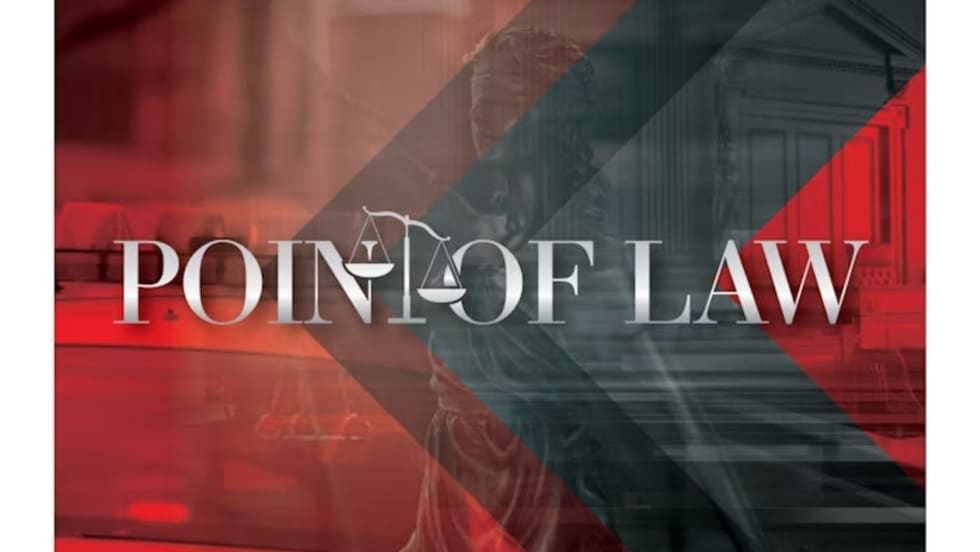Florida's death penalty sentencing process violates the constitutional rights of criminal defendants by granting judges powers that juries should wield, the U.S. Supreme Court ruled on Tuesday, siding with a man convicted of murdering a fried-chicken restaurant manager, reports Reuters.
The court's 8-1 decision means death row inmate Timothy Hurst, 37, could be re-sentenced for the 1998 murder of Cynthia Harrison in Pensacola, potentially avoiding capital punishment. The case will return to the Florida Supreme Court to determine whether Hurst's death sentence can be upheld on other grounds.





